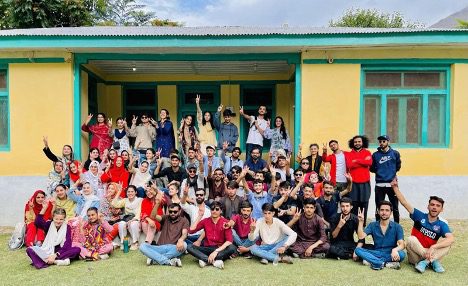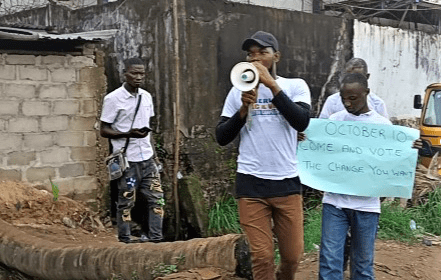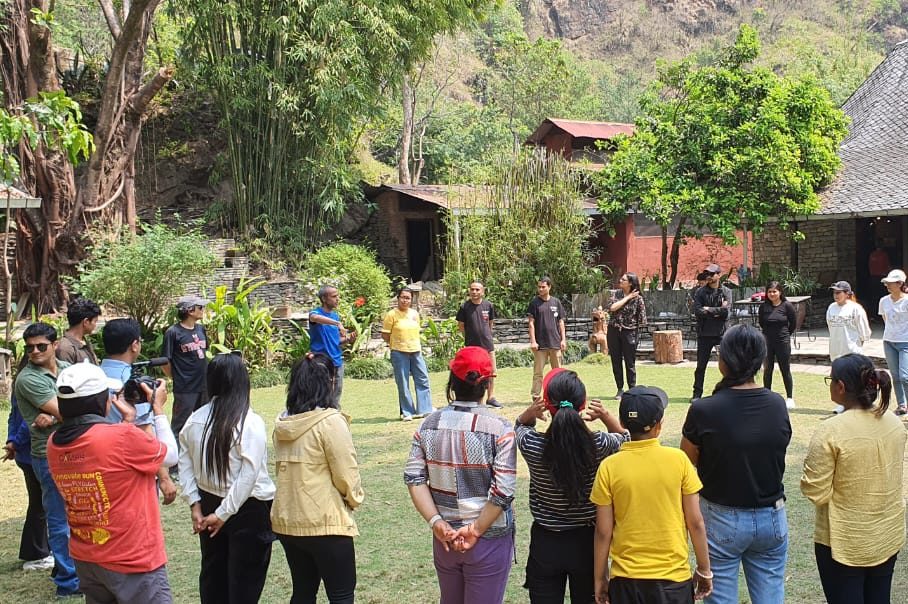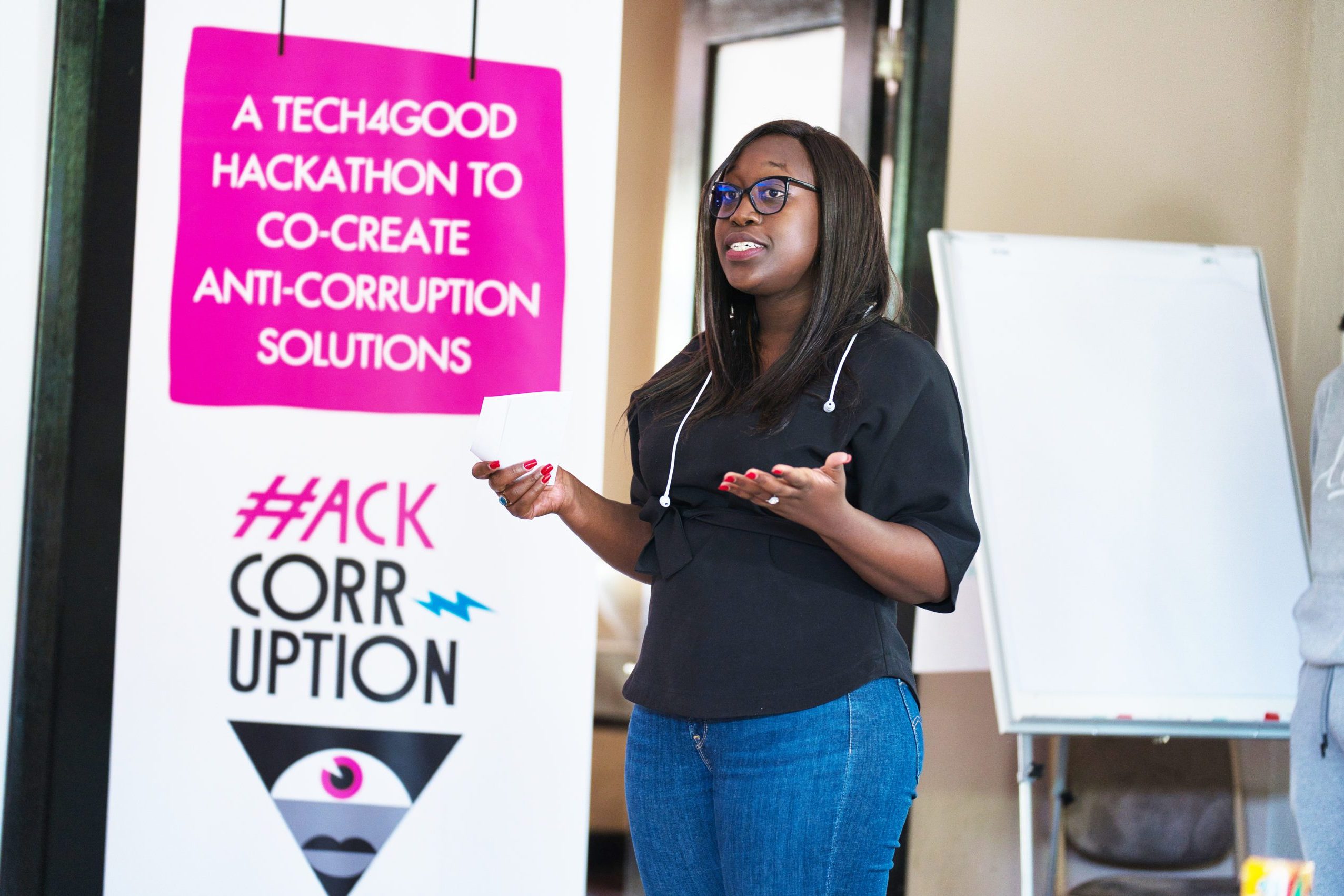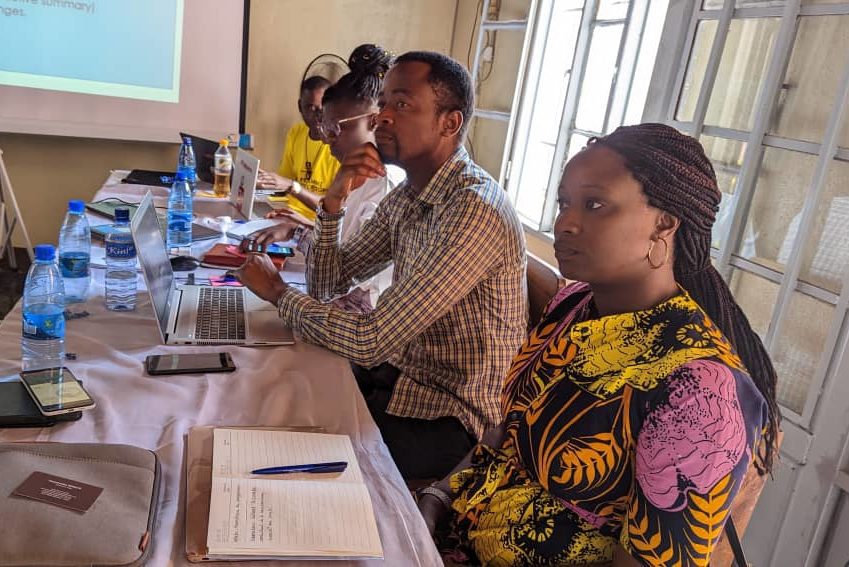Launching the HackCorruption Alumni Network: A Journey of Growth and Adaptation
By Alawi Masud & Khadijah Chang Over the past six months, we have established the HackCorruption Alumni Network to connect people who leverage and create civic tech. Although we are beginning our network-building journey, reaching the six-month mark allows us to reflect on our progress and share our lessons. Why an Alumni Network? HackCorruption is a project dedicated to creating and supporting tools and ecosystems that counter corruption and make governance more accessible. Our experience implementing HackCorruption across Southern and East Africa, South Asia, Latin America, and most recently, Southeast Asia has shown us the passion and dedication of participants [...]

